Nigeria, a nation known for its powerhouse status in Africa, is facing a foreign policy dilemma that has left many scratching their heads. The recent acceptance of Nigeria into the BRICS club as a partner country has sparked debates and raised eyebrows among Nigerian leaders and citizens alike. Ambassador Yusuf Tuggar, Nigeria’s Minister of Foreign Affairs, finds himself at the center of this storm.
In the past, Nigeria prided itself on projecting an active foreign policy that not only prioritized Africa but also positioned the country as a prominent global voice on African matters. However, with the news of Nigeria’s partnership status in BRICS—a group challenging Western economic dominance—questions arise about Nigeria’s perceived decline in global influence.
The BRICS Conundrum: A Second-Tier Role for Nigeria?
The announcement of Nigeria’s entry into BRICS raises concerns about why countries like Ethiopia, Egypt, and South Africa have full membership while Nigeria is relegated to a lesser role. This move has left many Nigerians feeling insulted and questioning their country’s place on the world stage.
It seems that Nigeria’s internal political challenges have seeped into its foreign policy strategies, affecting its stance globally. The Ministry of Foreign Affairs’ statement accepting the BRICS offer hints at a more transactional approach to foreign relations rather than one driven by lofty ideals and strategic ambitions.
As Nigeria navigates its second-tier position within BRICS, uncertainties loom regarding how this status will impact the country’s aspirations for regional power status and global influence. The bigger question remains: if Nigeria struggles to secure full membership in influential groups like BRICS, what does this mean for its longstanding bid for a permanent seat on the UN Security Council?
The Macron Factor: Fractures Within ECOWAS
A recent visit by Nigerian President Bola Ahmed Tinubu to French President Emmanuel Macron stirred controversy within ECOWAS (Economic Community of West African States). Tinubu’s close ties with Macron have rattled leaders from Niger, Burkina Faso, and Mali—members of the Alliance of Sahel States (AES).
Accusations flew as Niger accused Nigeria of collaborating with France to send troops into Niger—an allegation that strained diplomatic relations further. The AES countries view France as a threat due to historical neocolonial tensions and have expelled French troops from their territories.
Tensions escalated when ECOWAS threatened sanctions against Niger under Tinubu’s leadership as ECOWAS Chair. This move backed by Macron aimed to pressure Niger following a military coup. However, it backfired as AES countries stood firm against ECOWAS interference.
Nigeria-France Relations: Balancing Act or Neocolonial Enabler?
Nigeria’s evolving alliance with France raises concerns about whose interests are being served amidst accusations of neocolonial collusion. As France faces resistance in former colonies seeking autonomy from its influence, questions arise about where Nigeria stands in protecting these nations’ sovereignty.
With France’s attempts to thwart regional integration efforts like the proposed single West African currency (the eco), conflicts between Nigerian-French ties and broader African interests come to light. The perception that France and Nigeria harbor invasive intentions jeopardizes democratic progress in affected states.
As calls mount against neocolonialism while advocating for democracy in West Africa, navigating these complex dynamics becomes paramount. Yusuf Bangura sheds light on these intricate relationships from his vantage point in Nyon, Switzerland.
Supporting journalistic integrity is vital now more than ever—let us continue championing free access to quality news.


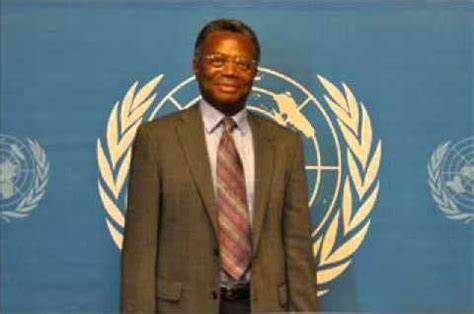
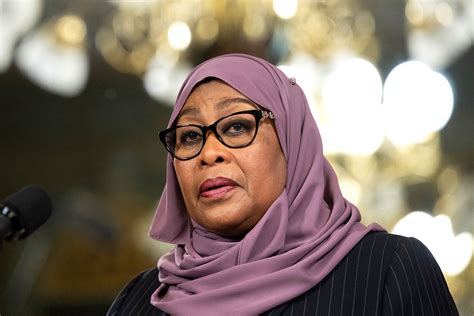
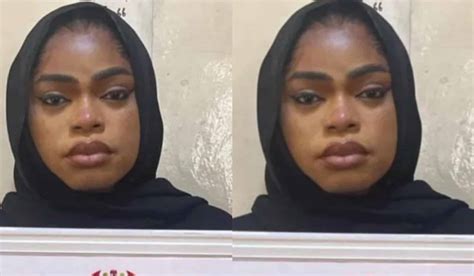

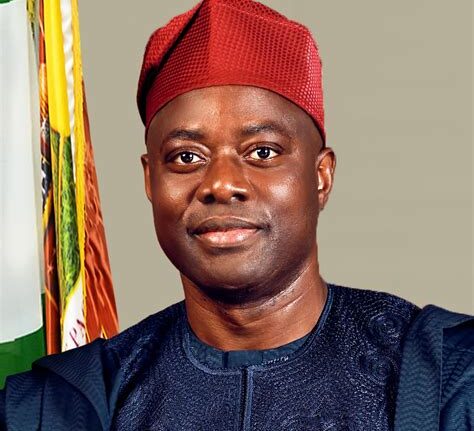
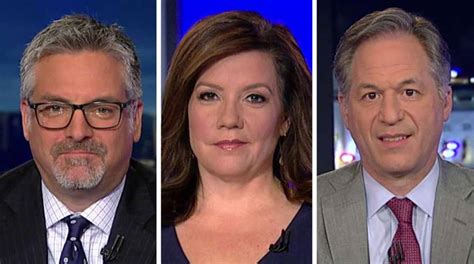
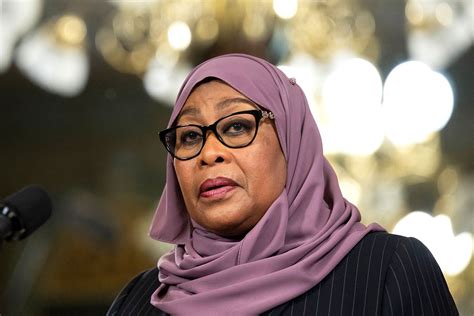
Leave feedback about this